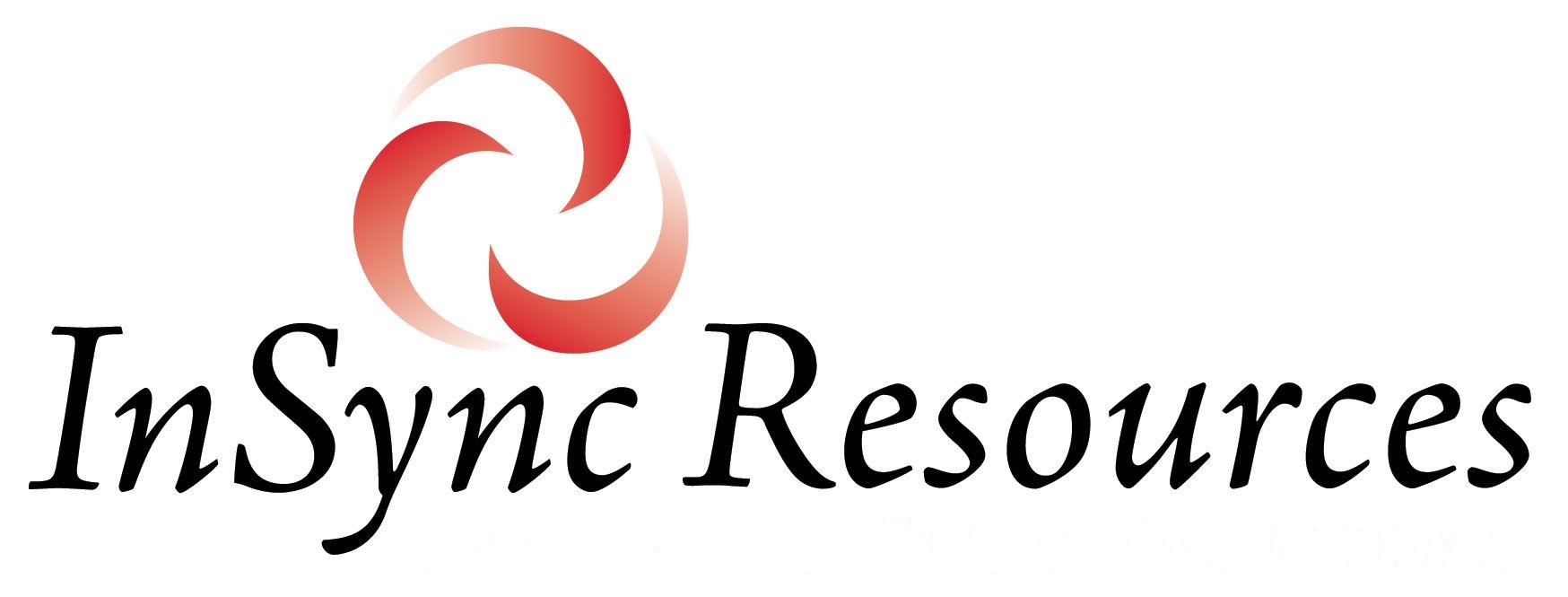 If you find yourself in the situation where your job is being eliminated and you’re being laid off, what should you do? Below are some of my tips for what to do before you officially separate with the company, as well as the immediate next steps that I suggest you take in the early stages of your career transition.
If you find yourself in the situation where your job is being eliminated and you’re being laid off, what should you do? Below are some of my tips for what to do before you officially separate with the company, as well as the immediate next steps that I suggest you take in the early stages of your career transition.
WHILE YOU’RE STILL THERE
In addition to asking HR about COBRA (health benefits continuation) and retirement benefits, I personally think it’s wise to get copies of as many of your performance reviews as you can get… or at least the ones from the last few years.
You also want to be sure any colleagues you’re leaving behind who have agreed to be references are not prohibited by company policy to talk with prospective employers about you. Some companies have a no-reference-giving policy, and managers are instructed to direct all inquires to HR. If so, HR will only provide employment verification, and, at the most, say whether or not you’re eligible for rehire.
If your references no longer work for the company, then you should be okay, but if they still do, then you need to have this important conversation about what they can and will say when contacted.
NEXT STEPS
Check your finances. It’s wise to take a long view of your expenses and income. Project the expected numbers for up to 8 months if you can. Make a reasonable, realistic projection of what you have and what you need. This is also a great time to meet with your financial planner.
Do a skills inventory and gap analysis. Take a look at your most recent job description and run through the list of required skills and add your extra relevant skills. Then take a look around the internet. By the way, this is one of the few times when I’ll actually suggest that you visit the job boards. While I don’t advocate using online ads as your primary job search strategy, I do find that the jobs listed online are a fantastic resource for research early on in your transition.
So, pull those job postings, whether they’re in your target geographical area or not, and do an analysis. Find the common threads. What skills are they asking for?
Next, do a skills gap analysis. Do you have what it takes, or are you missing key components? Armed with this skills inventory and gap analysis, you can develop a personal/professional development plan.
This will help when you’re faced with an interviewer who challenges you about a missing skill. You can indicate your awareness of the “deficiency” and say that you’ve already looked into getting the necessary training, certification, etc.
Do some self-assessing. Take some quiet time to jot down all the tangible and intangible requirements you’d ideally like to see in your next job. Get specific. Define each factor and why it’s important to you. These factors might include such things as pay, location, commute time, physical work environment, manager’s style, benefits, work culture, etc. You should also assess your own unique personal brand and what you have to offer.
Prepare to tell your friends and family. What will you say? I recommend that you keep it brief, factual, and positive. Also, think of how you might ask for help. How can your friends, former colleagues, and family give you constructive assistance? You will definitely need to be prepared to:
a) Ask for help in a way that makes them feel comfortable and useful.
b) Be ready to receive help even if you aren’t ready or want it yet. If they offer to help or make suggestions before you’re ready, thank them and say that as soon as you get your resume together, you’ll reach out again to them.
Figure out best ways to process your feelings. While I love giving practical advice about resumes, interviewing, search strategies, etc., I’m also very aware of the importance of stopping to acknowledge and deal with the stress that job search, and especially job loss, causes too.
When you compare job loss with other major life-stressors, it ranks high up there. In fact, it’s in the top 5 along with death of a loved one and divorce. How do you normally cope with stress? Exercise, meditation, or visiting with a friend? It’s doubly important that you identify what works for you and incorporate these activities into your life right now.
There are stages you go through with a job loss, and they are just like the stages of grief. Take care of yourself and find ways to stay positive. It’s paramount to your continued good physical health, and it absolutely influences how well you’ll project yourself to others… especially to prospective employers.
